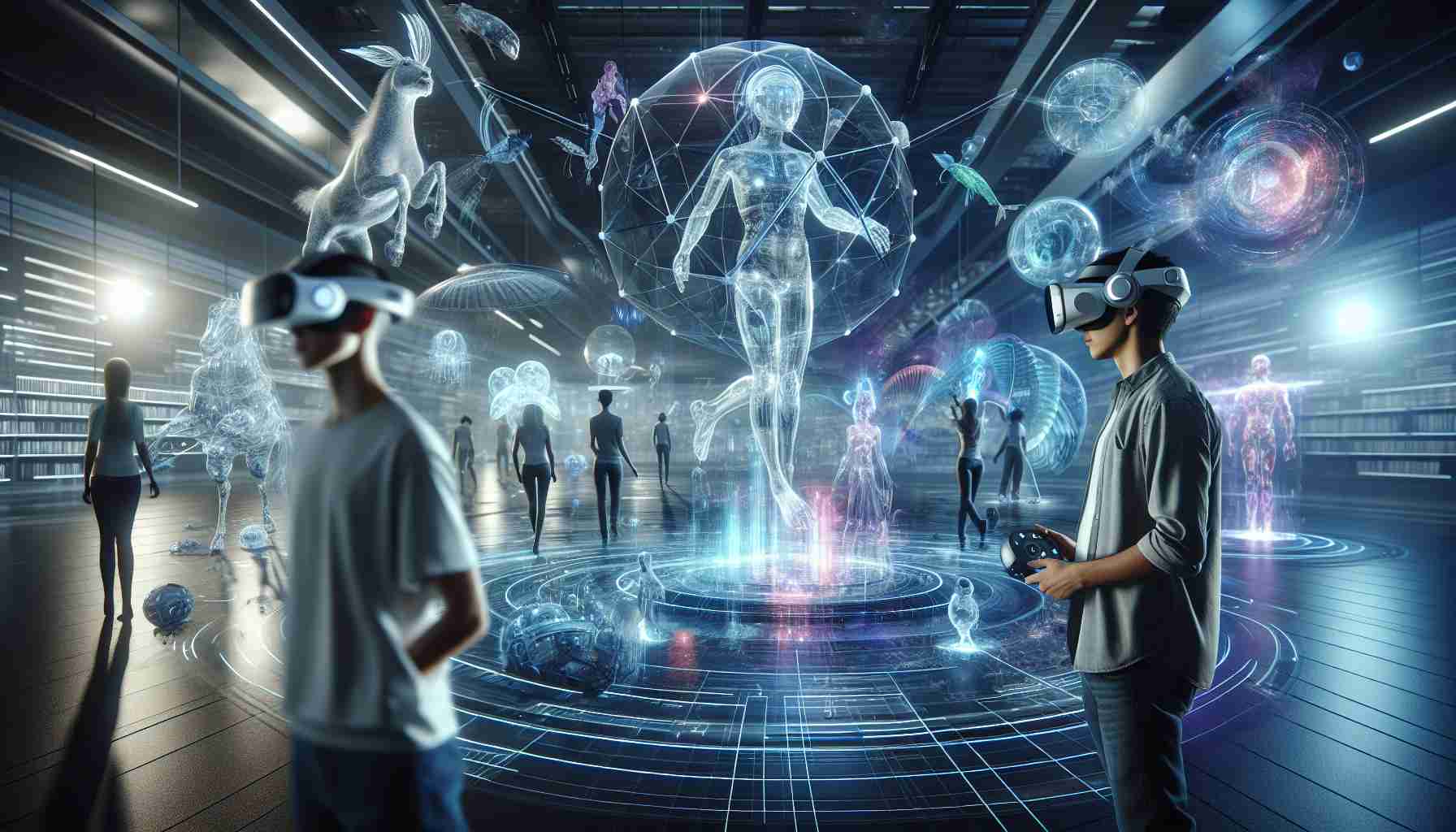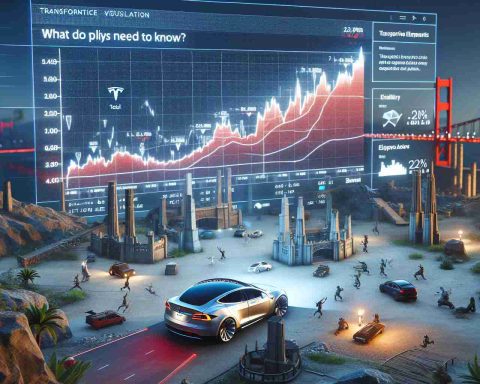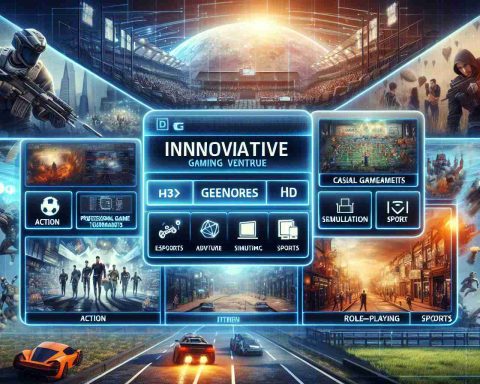The global virtual reality (VR) market is experiencing tremendous growth, anticipated to skyrocket from approximately USD 16.73 billion in 2021 to around USD 143.86 billion by 2029. This represents an impressive compound annual growth rate (CAGR) of 30.86% during the forecast period. This expansion is largely attributed to the increased adoption of VR technology across diverse sectors.
Significantly, the COVID-19 pandemic played a critical role in accelerating the demand for VR solutions. As businesses pivoted towards remote work and virtual gatherings, industries recognized VR’s potential for facilitating training, simulations, and immersive experiences. The gaming sector notably remains a primary growth driver, benefiting from innovations in VR headsets and immersive content.
Looking ahead, the integration of advanced technologies such as 5G is poised to revolutionize VR experiences. With enhanced speed and connectivity, users can expect smoother interactions and enriched virtual environments. Furthermore, the incorporation of artificial intelligence within VR applications promises improved personalization and user engagement, fostering innovative content creation.
Key industry players are heavily investing in research and development to push the envelope of VR technology. Companies like Oculus, Sony, HTC, and others are committed to enhancing user experiences through state-of-the-art hardware and software solutions. This rapidly evolving landscape indicates a bright future for virtual reality across numerous applications, affirming its place as a vital tool in both entertainment and practical settings.
Virtual reality (VR) is not just limited to gaming and entertainment; it has a wide range of applications in various fields such as education, healthcare, real estate, and tourism. In education, VR can provide immersive learning experiences that allow students to explore complex concepts in an interactive manner. In healthcare, VR is being used for surgical training and rehabilitation, offering practitioners and patients innovative ways to learn and recover.
As VR technology advances, key questions arise regarding its impact on society and individuals. One major question is: How does extensive use of VR affect mental health? There are concerns about VR-induced disconnection from reality, potential addiction, and the psychological effects of immersive experiences.
Another important question is: How will VR change workplace dynamics? With the shift towards virtual environments for collaboration and meetings, issues such as employee engagement, communication challenges, and maintaining a healthy work-life balance in a VR context emerge.
Key challenges associated with the future of VR include hardware limitations, the need for better content creation tools, and the potential for privacy issues. VR hardware can still be prohibitively expensive, limiting access for some users. Additionally, creating high-quality, engaging content requires significant resources and expertise. Privacy concerns also arise as users engage in virtual environments where their movements and interactions may be tracked and analyzed.
The advantages of VR are substantial. It allows for highly immersive experiences that can enhance learning, training, and entertainment. Businesses can utilize VR for cost-effective training simulations, reducing the need for physical resources. It can also cater to diverse needs, such as providing experiences for individuals with disabilities.
However, there are disadvantages to consider. Extended use of VR can lead to physical discomfort, including motion sickness. Additionally, the social implications of relying heavily on virtual interactions over face-to-face communication can negatively impact interpersonal skills and relationships.
As we look toward the future, it is vital to address these challenges and questions to harness the full potential of VR technology. Responsible development and ethical considerations will be paramount to ensure that VR benefits society while minimizing its drawbacks.
For further information on virtual reality and its implications, you can visit HTC Vive and Oculus.
https://youtube.com/watch?v=A085_dAZy1U


















